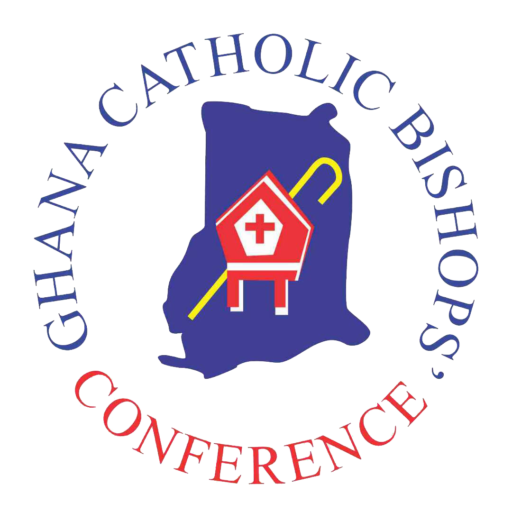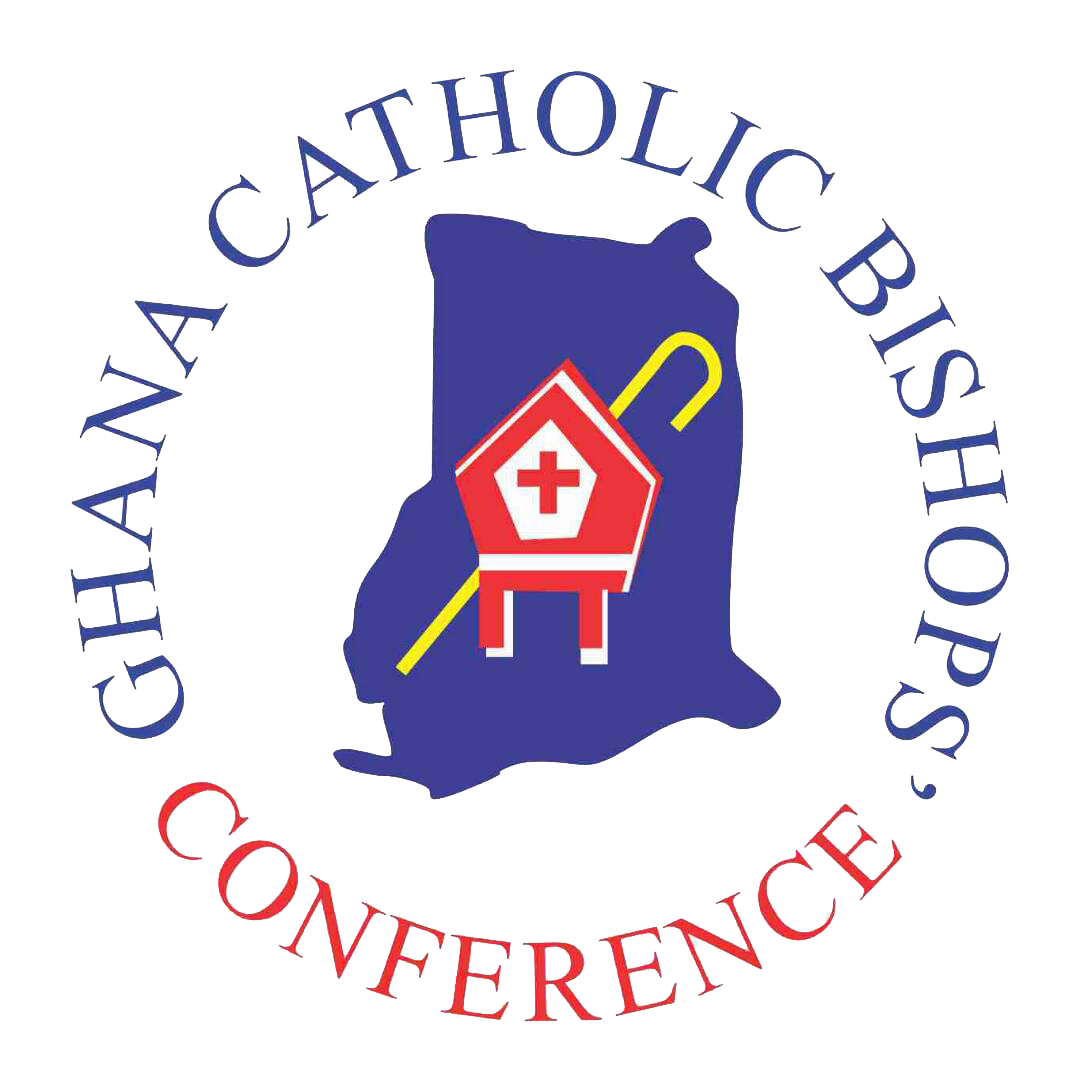The Second National Pastoral Congress of the Catholic Church in Ghana
By Dan Dzide
Some people find church terminology and especially the official language syntax of the Catholic Church rather difficult to understand. It is not always so. A little explanation can quickly put our anxieties and misgivings to rest.
Most Rev Anthony Adanuty, the Bishop of Keta – Akatsi and the Vice – President of the Ghana Catholic Bishops’ Conference (GCBC) on the 14th of March, 2014, launched the impending Second National Pastoral Congress during a solemn Mass at the Holy Cathedral, Accra. Great care will therefore be taken to explain and demystify all new ecclesiastical terminologies used here.
What is a National Pastoral Congress in the first place? One may ask
A National Pastoral Congress is a meeting of the Church to discuss effective ways of carrying out the mission of telling people about Jesus Christ in a given era or period. It is normal for any human organization with a mission, a goal to achieve, to examine itself periodically in order to find out if it is on course in the pursuit of its goal.
There comes a time when the National Episcopal Conference of a country pauses a while to take stock of its life and work. This is done to find new ways of doing things and to embrace the future with renewed energy and freshness.
But why are we talking about a Second National Pastoral Congress. Was there a First?
Indeed, the First National Pastoral Congress was held in Cape Coast in April, 1997. It was convened by the Bishops of Ghana after the First Special Assembly for Africa held by the Synod of Catholic Bishops worldwide (also known as the First African Synod) took place in the Vatican in October, 1994.
The deliberations and decisions of that Synod were captured in the Papal document known as the Post-Synodal Apostolic Exhortation: ‘Ecclesia in Africa’. (The Church in Africa) This document examined the light and shadows, the challenges and future prospects of evangelization in Africa on the threshold of the third millennium of the Christian faith.
The purpose of the first National Pastoral Congress in 1997 was to apply the fruits of the African Synod to the Ghanaian context. The theme chosen at that time was ‘The Church in Ghana and its Evangelizing mission”.
Fifteen years after the first African synod, the Universal Church held a second African synod in October, 2009. The theme chosen was ‘The Church in Africa in Service to Reconciliation, Justice and Peace.’ The findings are captioned in the Post-Synodal Apostolic Exhortation document entitled “Africae Munus” (Africa’s Commitment).
Again, the Ghana Catholic Bishops’ Conference, in its desire to benefit abundantly from the immense wealth emanating from the Holy Spirit through the Synod, decided in November 2012 to hold a Second National Pastoral Congress in 2014.
Sunyani, the Brong Ahafo Regional Capital, has been chosen as the venue for the Congress which starts from the 5th to the 11th of August, 2014. The chosen theme is: “The New Evangelization for the Transmission of the Christian Faith in Ghana in the Light of Africae Munus”
‘Africae Munus’ has thus become the working document for the Congress and all participants in the seven-day event as well as all Ghanaian Catholics, will be expected to read, digest and study it and have it readily at hand for quick reference.
There will be 250 official delegates drawn from all the Archdioceses, dioceses and Vicariate Apostolic who will be engaged in prayerful deliberations in general assemblies and workshops.
His Eminence Peter Kodwo Appiah Turkson, President, Pontifical Council for Justice and Peace (PCJP) will give the keynote address. This will be followed by seven main talks and six shorter papers to be studied and discussed at the scheduled workshops.
All the talks will focus on the New Evangelization as applied to various areas of the Church’s life in the Ghanaian context, namely, Reconciliation, Justice and Peace; Good Governance; Liturgy; Marriage and the Family; Social Communications, Inter-Religious Dialogue. The first main talk will be given by the Metropolitan Archbishop of Accra, His Grace, Most. Rev Gabriel Charles Palmer-Buckle.
Each main talk will be followed by a short, ten-minute paper highlighting the church’s life worthy of special note. Attention will be drawn to issues such as Peace-Building and National Reconciliation, Ghana’s Religious Population Dynamics, Biblical Apostolate and Small Christian Communities, Ghana’s Response to the New Evasngelization, the Role of the Agents of Evangelization and finally the School Apostolate.
During the period of the Congress, critical questions will be asked and answers sought. Why are some people still leaving the Church?
What things are we not doing right? How do we use the social media and modern technology to reach out to young people and the marginalized?
How can we allow a greater outpouring of the Holy Spirit to teach us new things and deepen our prayer life?
What will happen after the Congress?
The fruit of deliberations will be summed up in the Acts of the Congress. Each diocese will set up a Congress Implementation Committee which will ensure that the Acts of the Congress do not remain in shelves but find their way into the life of the Church at its grassroots. Indeed, action and boldness will continue to guide and inform the steps of the Catholic Church in Ghana as it conquers Ghana, Africa and the World for Jesus.
The writer is the Executive Secretary, Dept. of Social Communications, National Catholic Secretariat
dandzide@yahoo.com

